What is "infant amnesia", or Why we do not remember ourselves until the age of 3
Categories: Science
By Pictolic https://pictolic.com/article/what-is-infant-amnesia-or-why-we-do-not-remember-ourselves-until-the-age-of-3.htmlThe mystery associated with the lack of memories of the first 3 -3.5 years of a person's life has haunted scientists for many centuries. Why does a person, receiving the most invaluable experience of his life and the most vivid impressions of the world, do not remember these important moments? Today, science knows only an approximate answer to this question, and we will try to explain this phenomenon in a popular way.
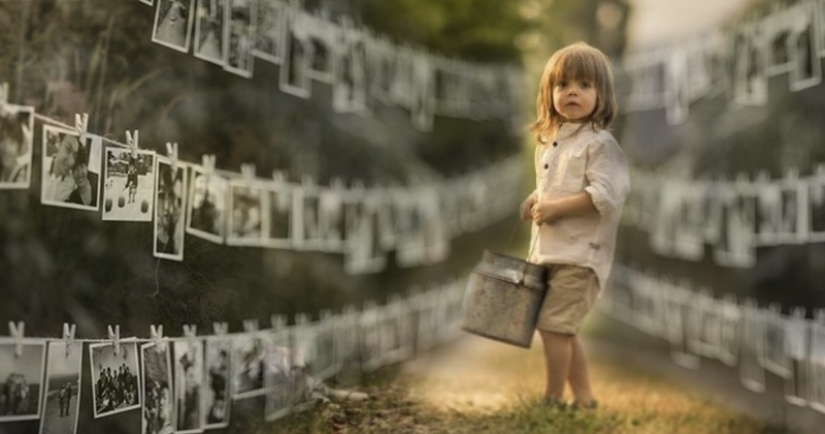
In the first years of life, the child's brain is still not fully formed and is busy with more important things than preserving any impressions. If you think that you have infantile memories, then scientists are ready to disappoint you – these are illusory, or as they are also called "false memories". They are based on the experience and knowledge we gained later, although it is hard to believe.
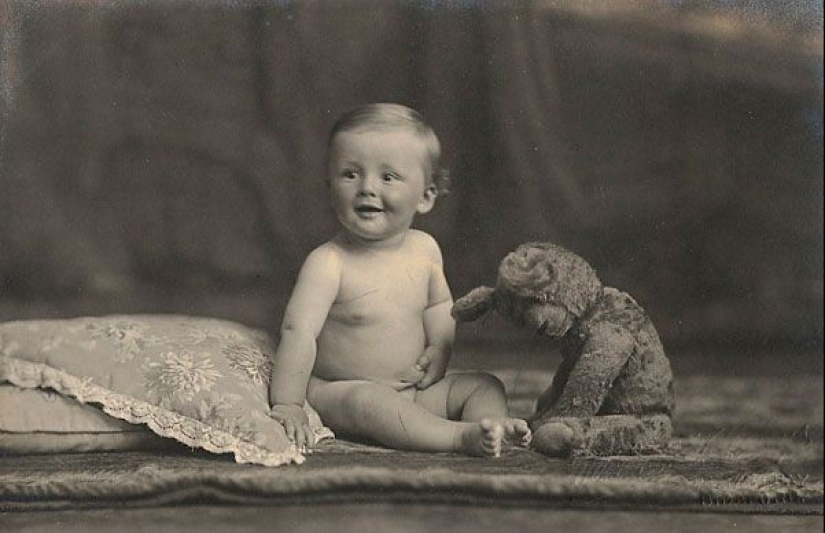
Even after the first real memory, in which we are absolutely sure, there may be significant gaps and fragmentary "notches". Fully human memory begins to work much later and this age is different for everyone. For the absence of memories in early childhood, Sigmund Freud coined a special term - "infantile amnesia" and this problem occupied the great psychologist no less than sexuality.
The child begins to train his brain in the womb, and in early infancy, they form 700 new neural connections per second. In the first years of life, the child shows a truly phenomenal ability to learn languages that are not available to most adult polyglots. That is why in the old days, children from noble families mastered French, German and English together with their native language, and by the age of 5-6 they were already fluent in them.
So why, having such phenomenal features in the first months and years of life, do we lose our memories? Some scientists believe that "infant amnesia" is not a phenomenon or a mystery, but a natural process of loss of information, which we call forgetting. After all, adults can also lose some data if they do not have to use it, for example, forget someone's addresses, faces, phone numbers and surnames.
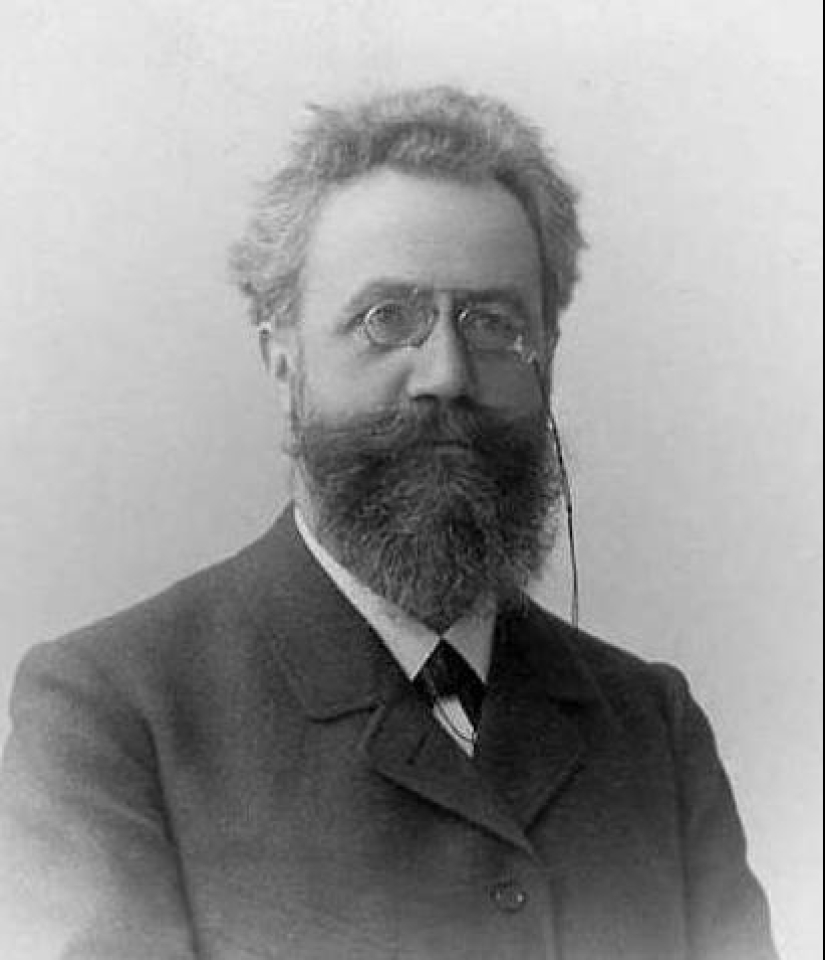
The first scientist to seriously address this issue was the German psychologist Hermann Ebbinghaus, who lived in the 19th century. This man, having no methods of memory research, created them himself and set up the first experiments of this kind in the world of science. For the purity of the experience, Ebbinghaus needed a clean, non-information-occupied brain. This was done by memorizing thousands of meaningless letter combinations, such as" slans "and"cag".
As he memorized the words, the psychologist noticed that some non-existent words that he had learned earlier were gradually erased from his memory. Ebbinghaus drew up a forgetting curve that confirmed his hypothesis, which claimed that the human brain lost information within the first hour if no special effort was made to remember.
The experiments of the psychologist showed that in this way up to 50% of the data is lost within the first hour, and by the 30th day a person, without repeating the information received, keeps in memory no more than 2-3% of the information received. An important result of Ebbinghaus ' work was the conclusion that forgetting is a natural and quite predictable process. Therefore, to understand how much the memory of an infant differs from the memory of an adult, you just need to make graphs and then compare them.
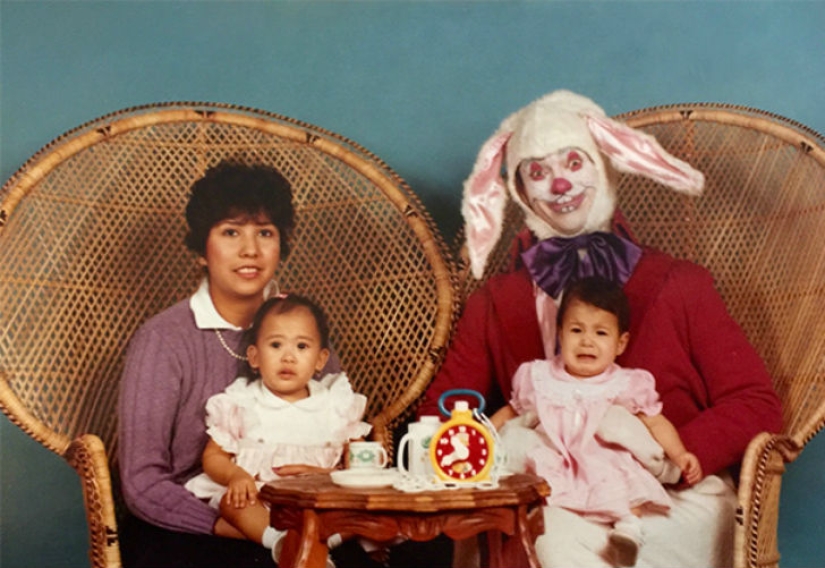
In the 1980s, scientists noticed that the memories of each of us up to the age of 6-7 are surprisingly blurred and fragmented. Ebbinghouse's theory did not fully explain this phenomenon, especially since it revealed a strange thing – people had a" veil " of memory raised at different ages. Someone clearly remembered their toys at the age of two, and someone could not exactly remember the face of the first school teacher.
Fragmentary memories on average appear in a person from the age of 3.5 years and children's forgetfulness is highly dependent… from the country of residence. The difference in the average age of the appearance of the first stable memories in different parts of the world may differ by 2 years.
This amazing feature interested psychologist Qi Wang from Cornell University (USA). This woman selected volunteers from Chinese and American students and collected a database of hundreds of their memories at different ages. Suddenly, it turned out that Americans have brighter, more detailed childhood memories, and with a mandatory emphasis on their own person.
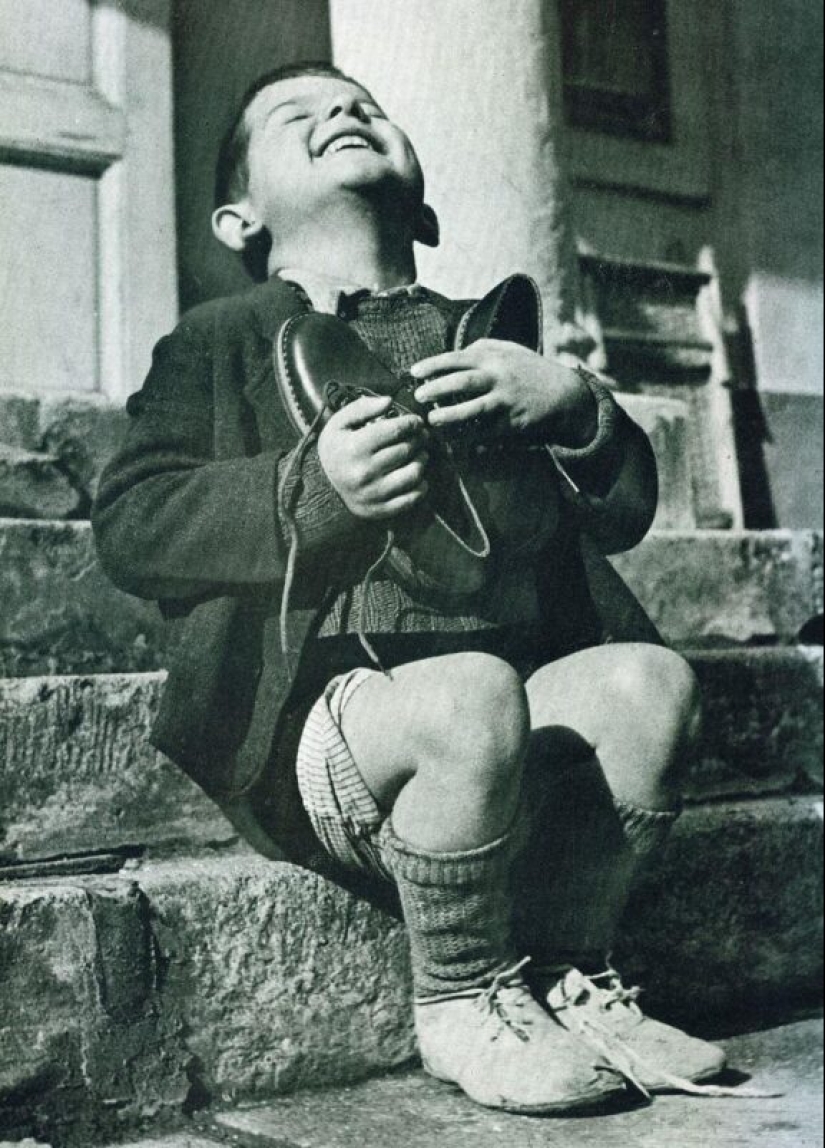
The Chinese described their childhood more succinctly, preferring dry facts and their memories began, on average, 1.5 years later than those of their peers from the United States. Similar studies have been conducted in different countries, and all of them confirm the dependence of the age of "infant amnesia" on the region of residence.
While dealing with the unusual feature of children's memory, Wang realized that they are not related to racial characteristics, and their origins are hidden in the mentality. In Eastern cultures, children are not taken seriously and no one is interested in their memories. Qi Wang herself was born in China and her first memory was walking with her parents in the mountains near her native Chongqing at the age of 6. But for the first time, she was asked what she remembers from her childhood only in the United States.
In other words, if others attach importance to your memories, are interested in them, then you will save them. If no one needs them, you will lose them over time. The people whose children have the earliest memories are the New Zealand Maori. This is due to the fact that this people is characterized by close attention to the past, ancestors and past events. Many adults of this ethnic group remember themselves well from the age of 2-2. 5! There are also individual phenomena, such as Rebecca Sharrock, who remembers herself as a two-week-old.

Qi Wang found another unusual pattern. She interviewed the parents of the students and it turned out that the ability to forget is transmitted from the parents. In other words, if your mother clearly remembers herself from the age of 5, then the chance that you will have real childhood memories from an earlier age is negligible. Genetics? Not at all. Just if your parents ' parents were not too interested in their childhood experiences, then they will not attach much importance to yours.
And it is also established that events begin to be better stored in memory after a person learns speech. Robin Fivush, a psychologist at Emory University (USA), believes that this is how it works:
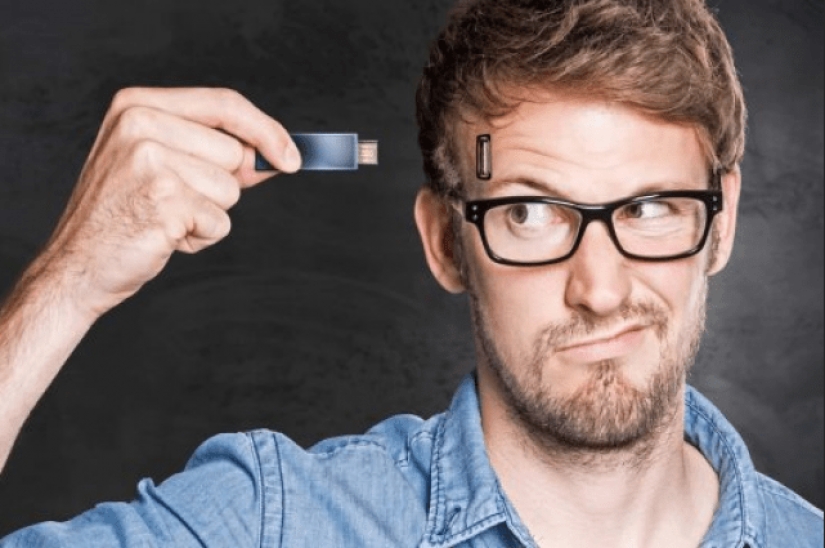
But there is a weakness in this theory. The fact is that people who were born deaf and did not know sign language before school years, remember themselves at the same age as their hearing peers. In general, it is still too early to confidently say that the riddle of "infant amnesia" has been completely solved, although science has made serious progress towards understanding the processes that occur in our memory.
Keywords: Science | Maori | Chinese | Scientists | Memory | Baby | Brain
Post News ArticleRecent articles

With this question, people without drawings on the body got those who have tattoos: & #171;How will it look in old age?». ...

The very word "selfie" came into use after a smartphone appeared in the pocket of everyone. But taking pictures of yourself, of ...
Related articles

Man is accustomed to consider himself the most intelligent being on Earth. Despite his very weak physical abilities, he manages the ...

By the end of the XIX century the art of Maori tattoo has almost disappeared due to the spread in New Zealand bounty hunting, but ...

Our body is something that is always with us. Nevertheless, if you think about it, this is a unique world of mysteries and unusual ...

It's hard to believe, but these places really exist on our planet. This is not someone's sophisticated fantasy, well, except for ...